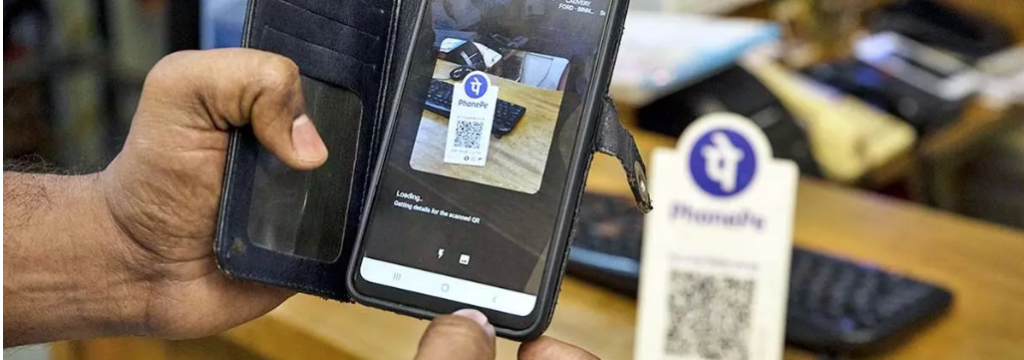Rethinking GRMs for UPI: Prototype Design

This is the second in a series of blogs which describe our efforts towards building an effective in-app GRM for India’s consumers
Field Notes: How constrained users engage with the GRMs of UPI Apps

This is the first in a series of blogs which describe our efforts towards building an effective in-app GRM for India’s UPI users
UPI databases should be interactive

Stakeholders should gather a common set of data points for each complaint, distinct from their data objectives

